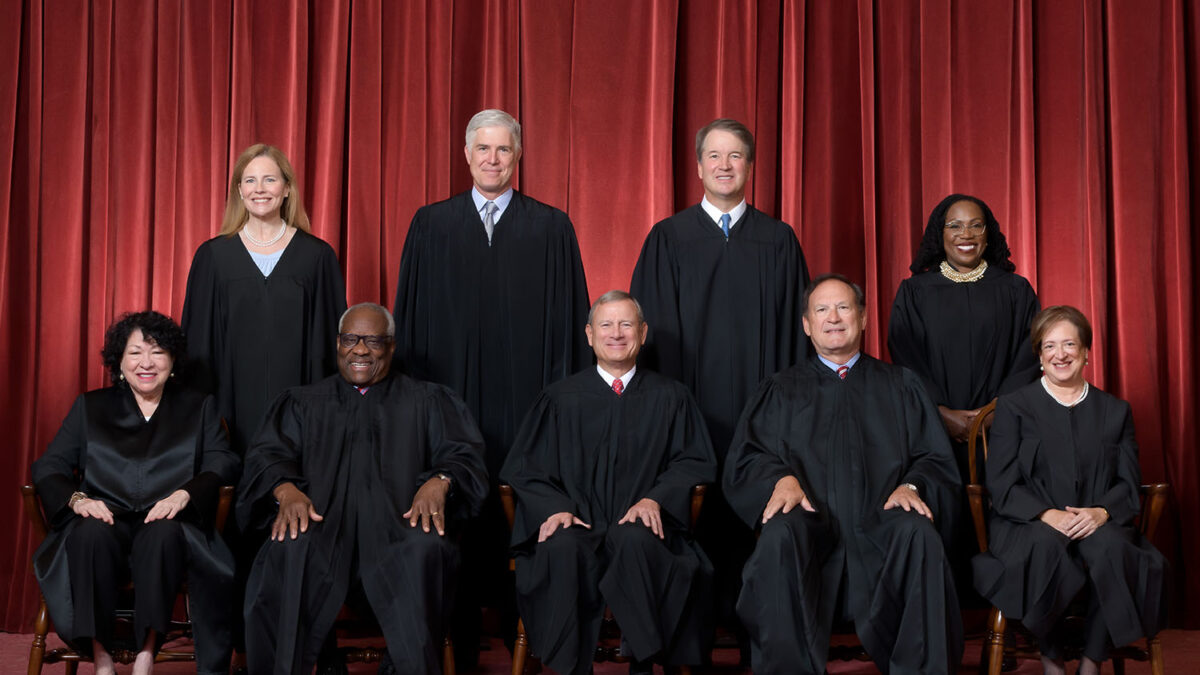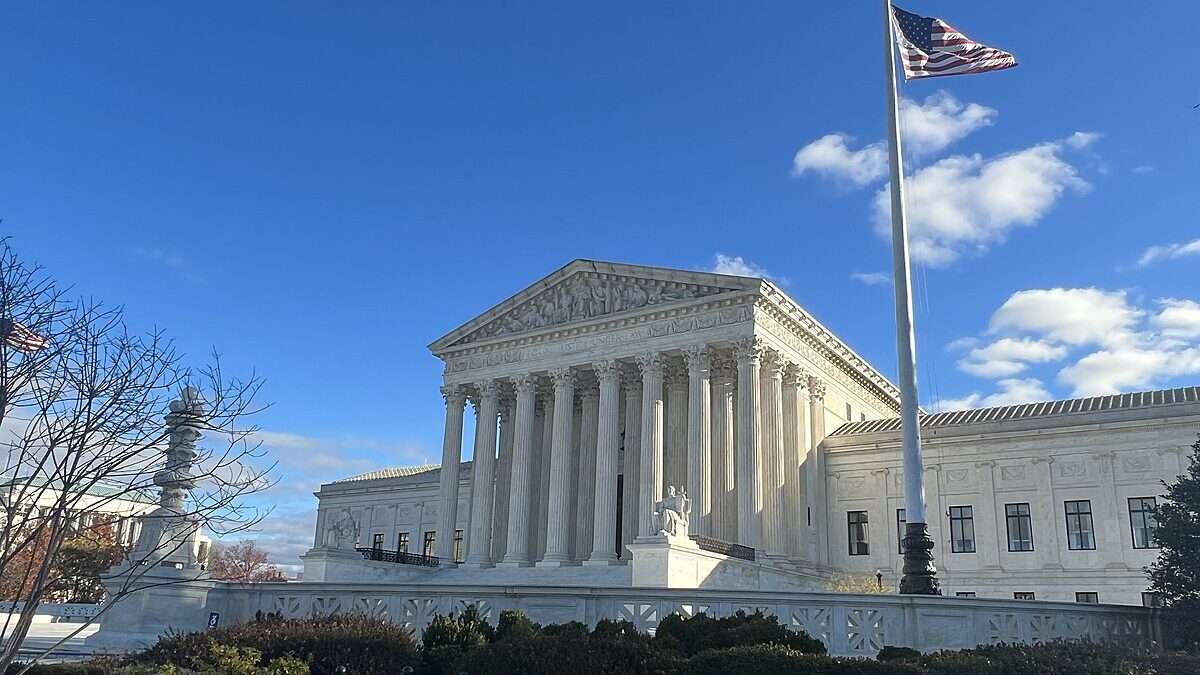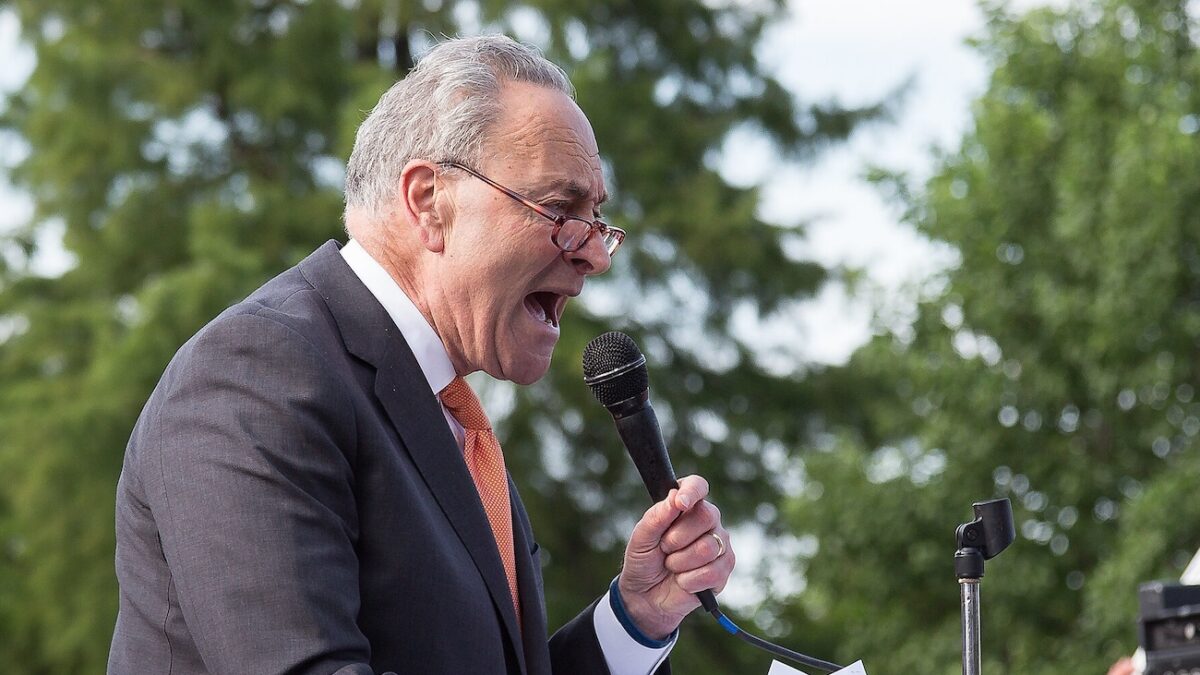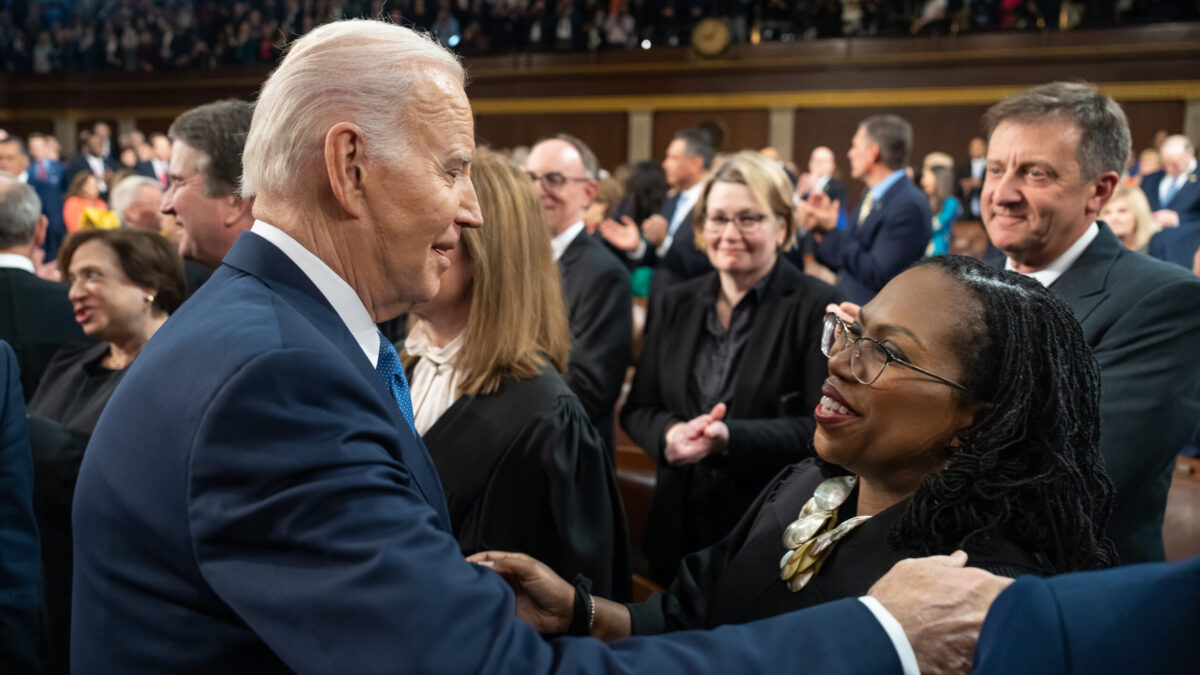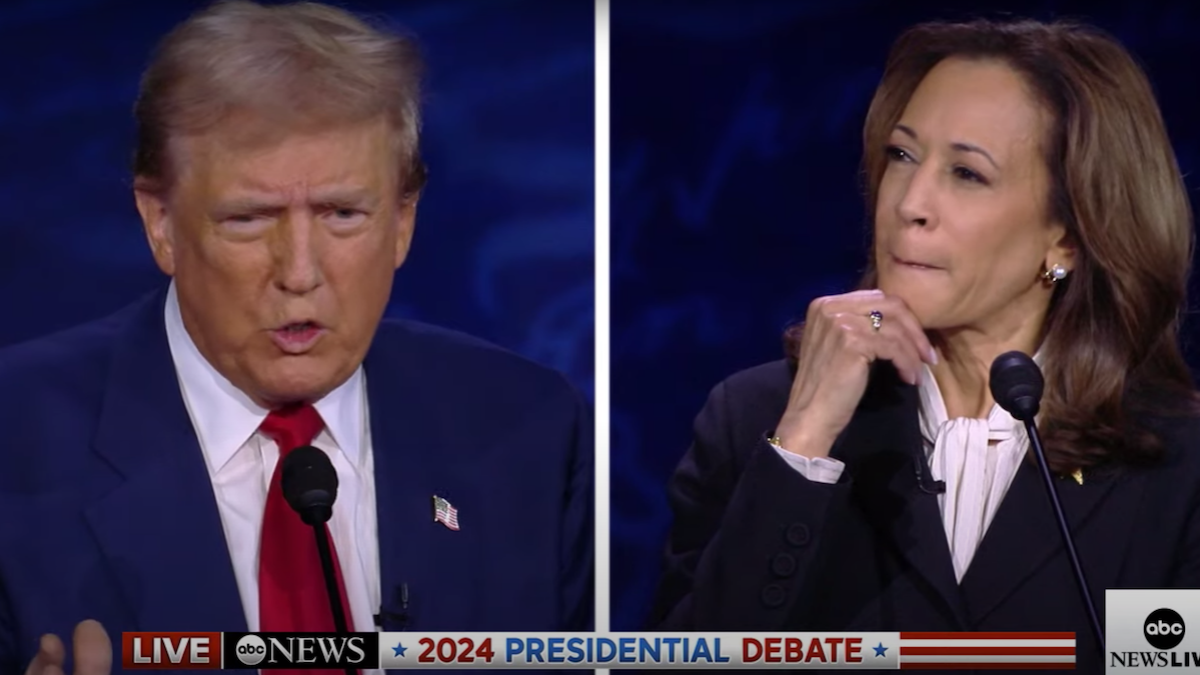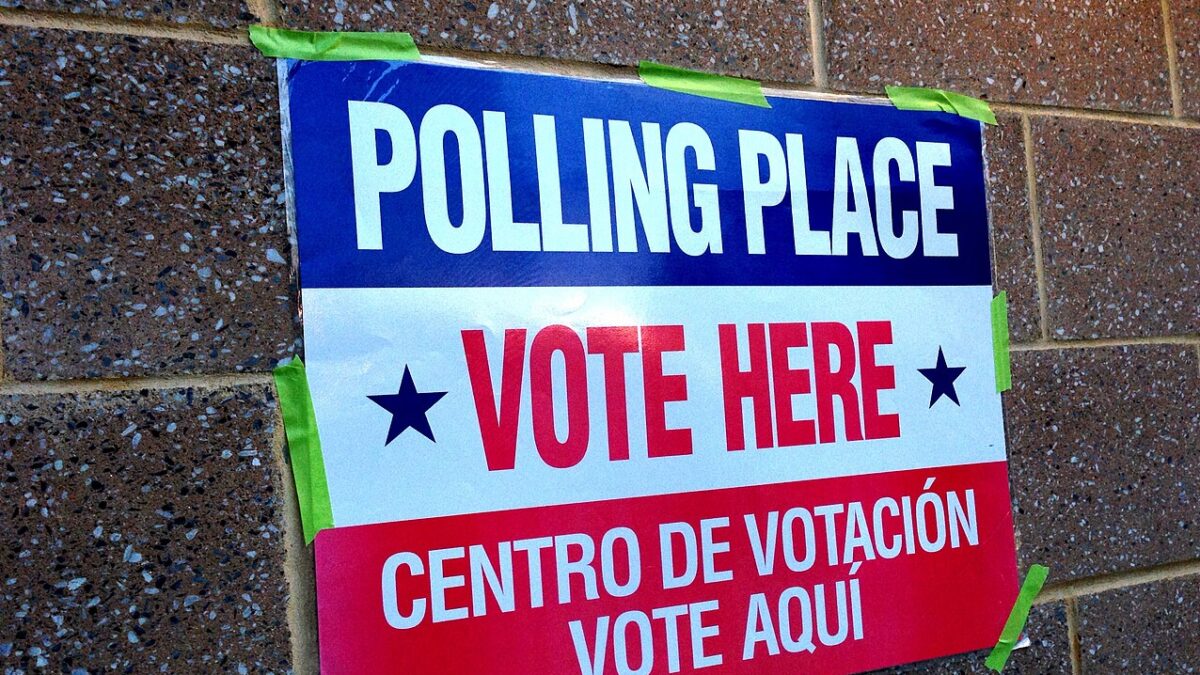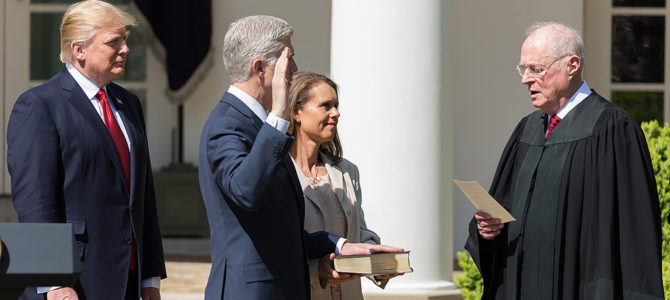
It would be a lie to say that Anthony Kennedy was the most influential justice on the Supreme Court over the past thirty years or so – he was not. His jurisprudence was often flighty and given to linguistic turns that seem silly in retrospect or even at the time. His justification for his points of view was often wrapped in emotional terms that seemed out of place. But for most of the past thirty years, and certainly in the past twenty, the most important bulwark against government expansion or in favor of it, against individual liberty or in favor of it, against constitutional misinterpretation or in favor of it, was the mood Anthony Kennedy happened to wake up in each morning. His vote was what mattered, not the opinions he composed. And that vote, so often featured in 5-4 decisions, changed the country in fundamental ways.
Kennedy’s departure was met with wailing and gnashing of teeth from the American left, who understand now that President Trump will have a court-redefining legacy whoever he picks. The oldest conservative justice on the Supreme Court today is Clarence Thomas, who at 70 is younger by a significant clip than the top three leaders of the Democratic Party in the House. He could last another decade, and paired with a solid cohort of three younger conservative justices, will in all likelihood make Chief Justice John Roberts the swing vote on the Court. Conservatives, much as they despise Roberts’ saving throw for Obamacare, are overjoyed at that possibility.
Trump yesterday reiterated that he will pick from his 25-person long list to replace Justice Kennedy, a list that includes several Federalist Society rockstars. Gorsuch achieved the support of several red state Senate Democrats in his nomination – but that was not, from outside at least, perceived as a court redefining selection. This one is, and so the pressure will be on Joe Manchin, Heidi Heitkamp, Claire McCaskill, and Joe Donnelly to support the president’s nominee, assuming their qualifications are high. A conservative group has already launched ads to pressure these Democrats, and there will be much more on this.
The harder challenge could be from Trump’s own party in the Senate, where without Democratic votes, Trump would require the support of Susan Collins or Lisa Murkowski. Collins is almost assuredly out. She is an avowed defender of Roe v. Wade and there is likely no candidate who will be sufficiently soft on that issue to pass muster with her. Murkowski on the other hand could potentially be swayed by other qualifications. But given their positions, it seems more likely that the choice could be a woman (Amy Barrett perhaps) or a member of the Senate body itself, to whom more deference would potentially be on offer. Ramesh Ponnuru offers his support for Barrett here. Ted Cruz has already endorsed Mike Lee, who is on the list along with his brother, a Utah Supreme Court justice. Either would be excellent choices.
To the politics of this issue: In terms of blame, Democrats have only themselves to look at for being in this unenviable circumstance. Ezra Klein argues that this is a voter problem – that Democrats sat out the 2014 midterms and lost the Supreme Court for a generation. But Harry Reid’s decision on the nuclear option now looks like a monumental mistake. It is rare to see Mitch McConnell vindicated so thoroughly in a series of predictions and bets. For all of McConnell’s failures when it comes to managing the legislative process, when faced with the binary decision on court nominations, he has been tough as nails. Expect him to act quickly, and do what it takes to put all pressure on red state Democrats.
Finally, to those remaining in NeverTrump land, conservatives ought to consider this as a moment of amnesty. The calculation made by many conservatives in 2016 was a simple one: if you believe the representative bodies of government are thoroughly dysfunctional, and that we are now effectively governed by the administrative state and the judiciary to the exclusion of all others, the rationale for backing Donald Trump was clear. That’s how much the courts mattered.
This was a bet made by Leonard Leo at the Federalist Society, and it has paid greater dividends than anyone could imagine – not just at the Supreme Court level, but on lower courts as well. It would be one of the great ironies of history that a candidate for whom so many of us, myself included, feared would run roughshod over the Constitution would end up appointing so many figures to the courts who ensured its enduring strength in an unserious age.


